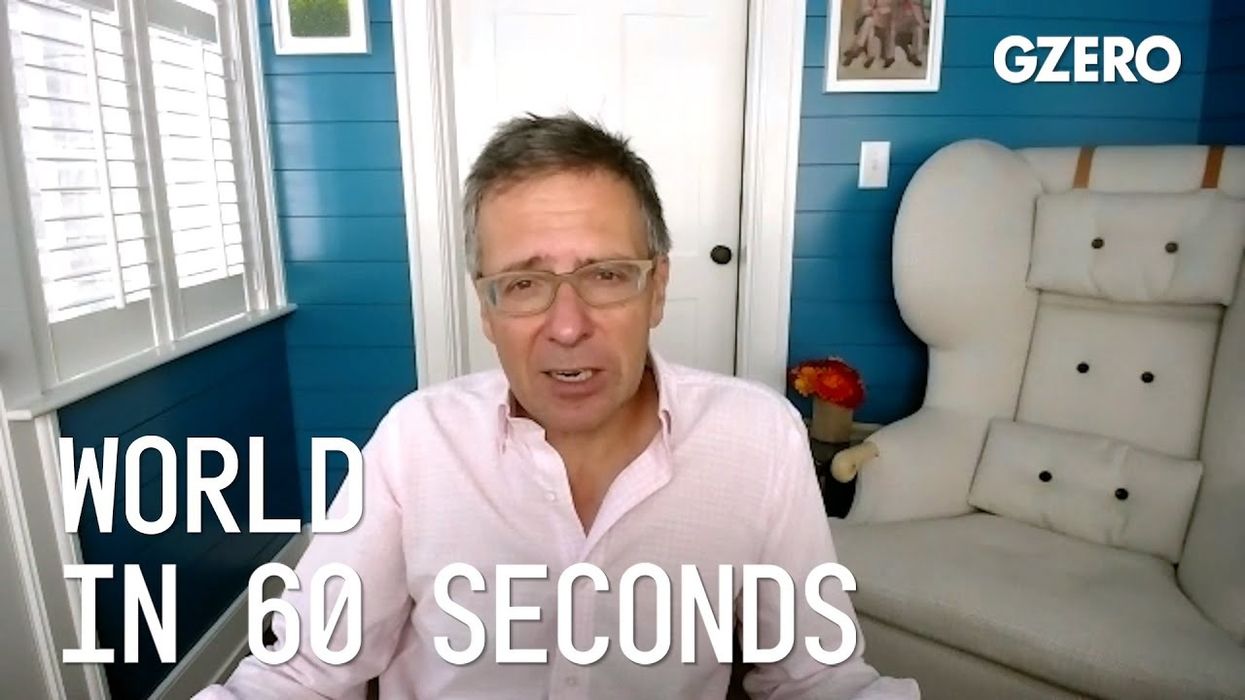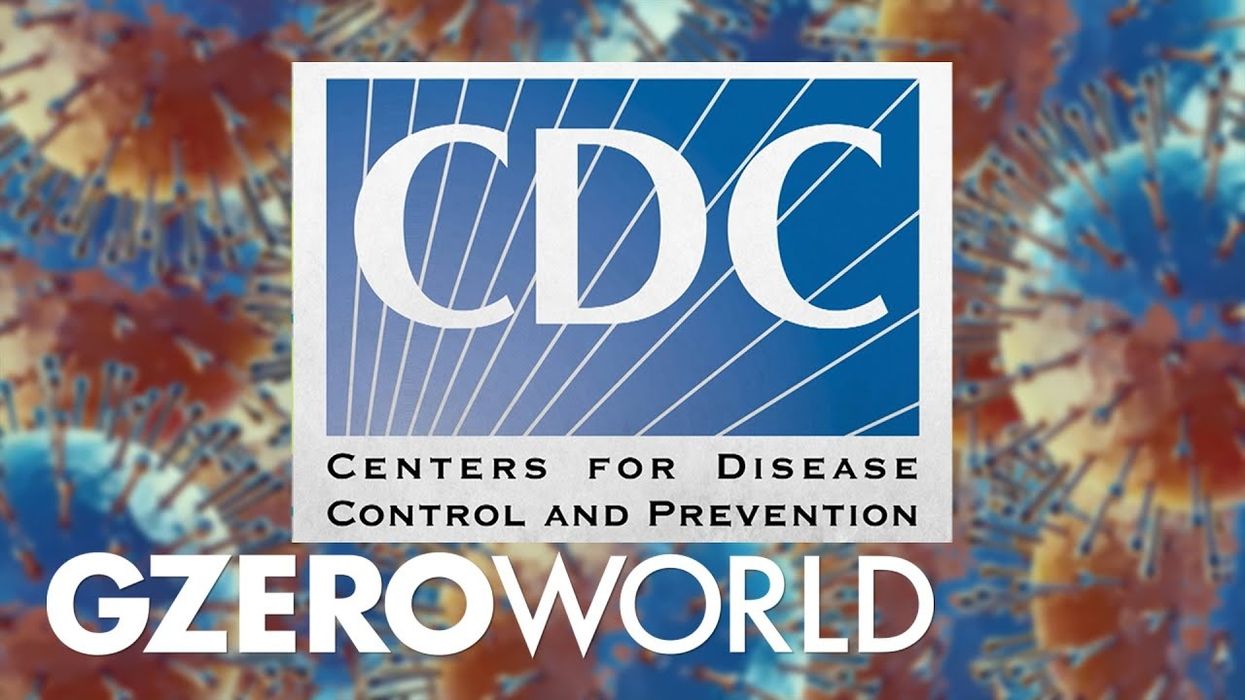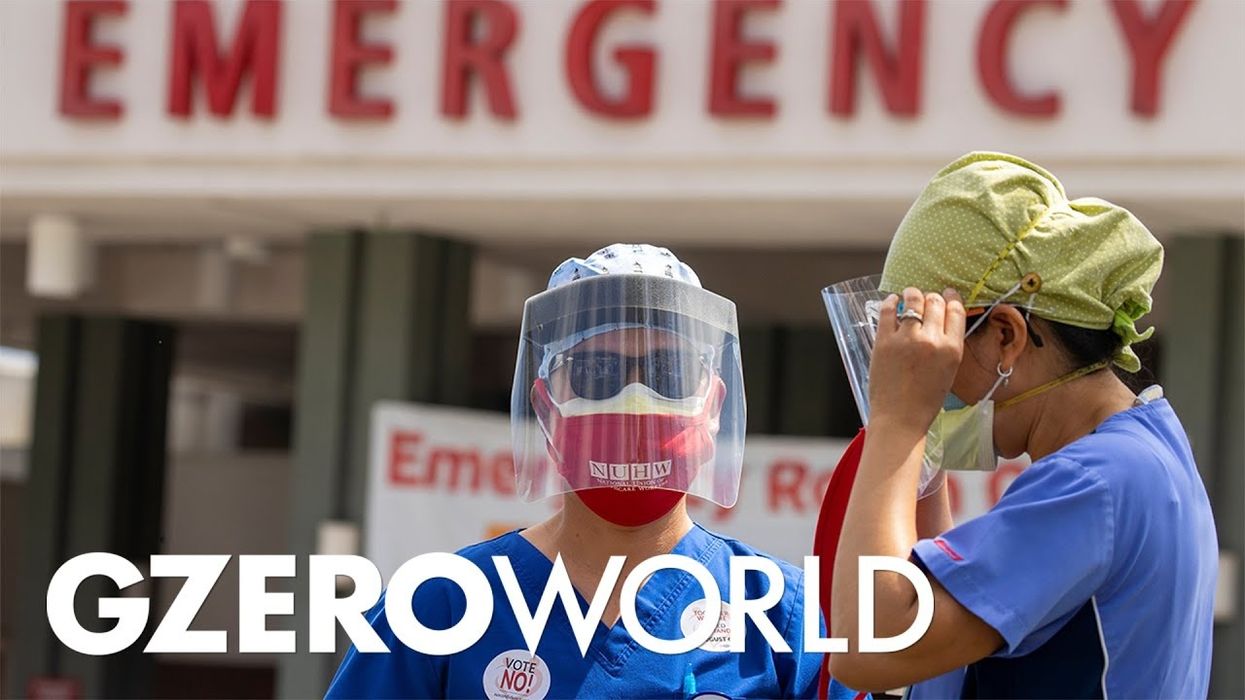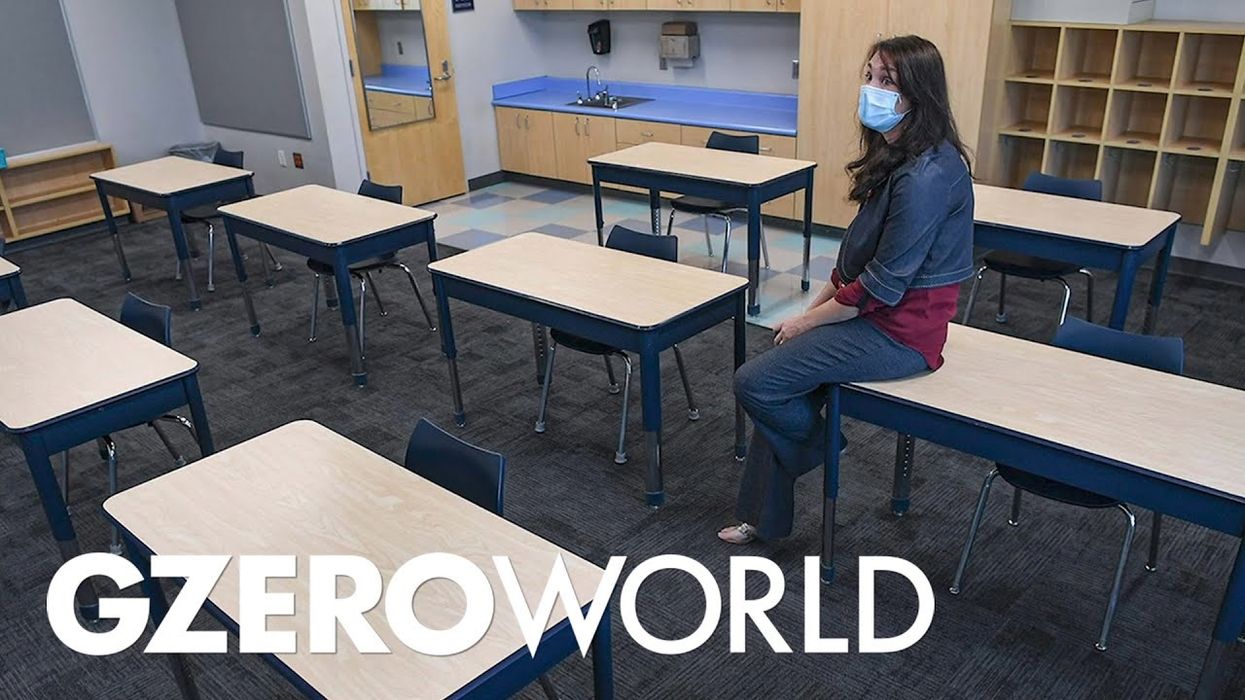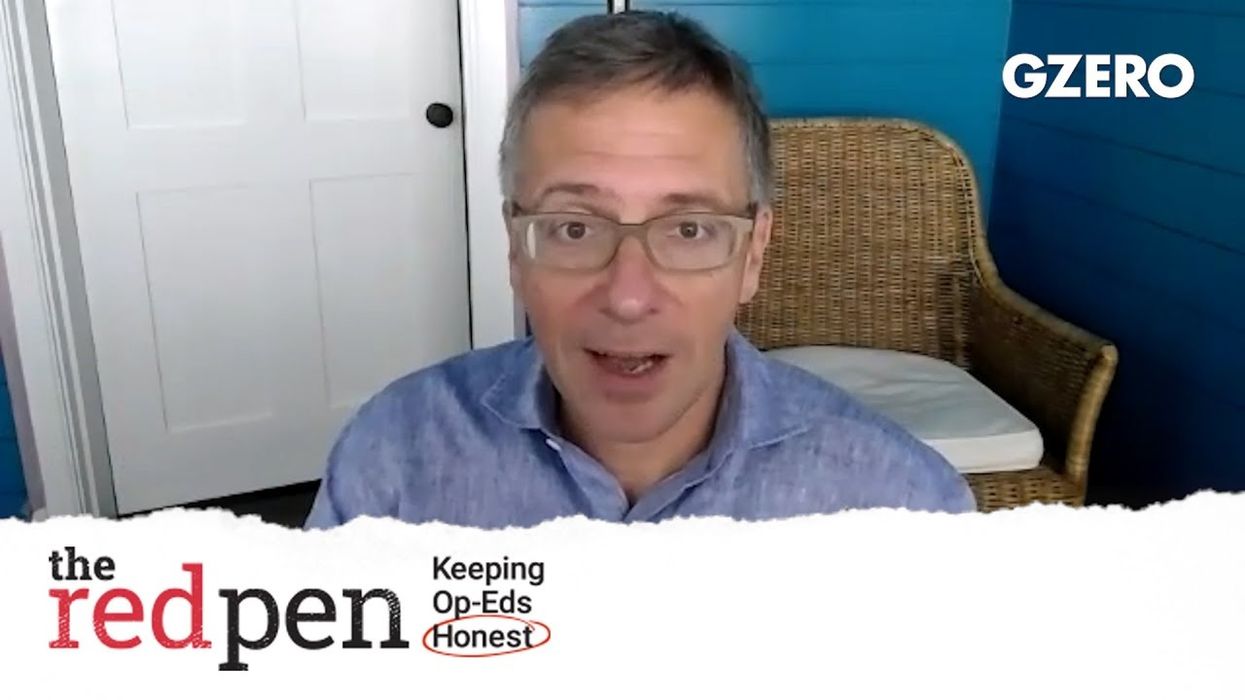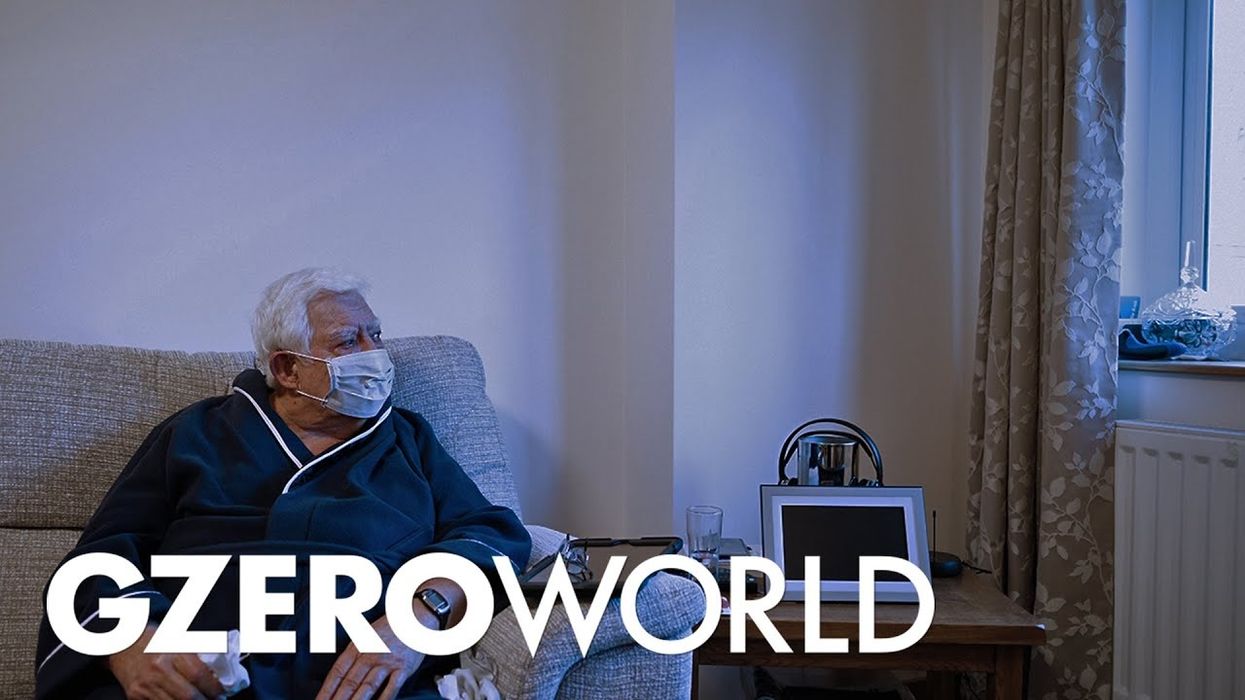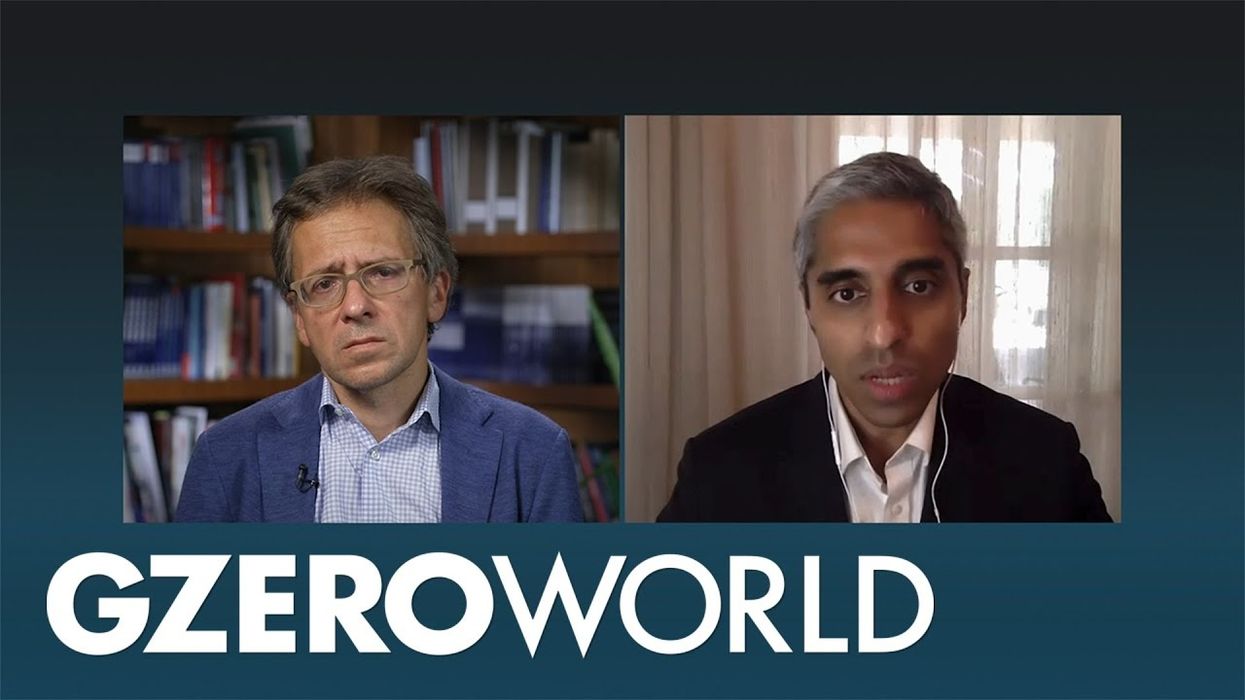US & Canada
Virtual DNC builds enthusiasm but Dems should not get complacent
Ian Bremmer shares his insights on this week's World In (More Than) 60 Seconds:
Number one, the DNC is underway, the Democratic National Convention, how do you think the first night went?
What is going on in New Zealand?
With China's vice grip over Hong Kong tightening, will the US recognize Taiwan sovereignty?
Finally, will Russia intervene in Belarus?
Aug 18, 2020
